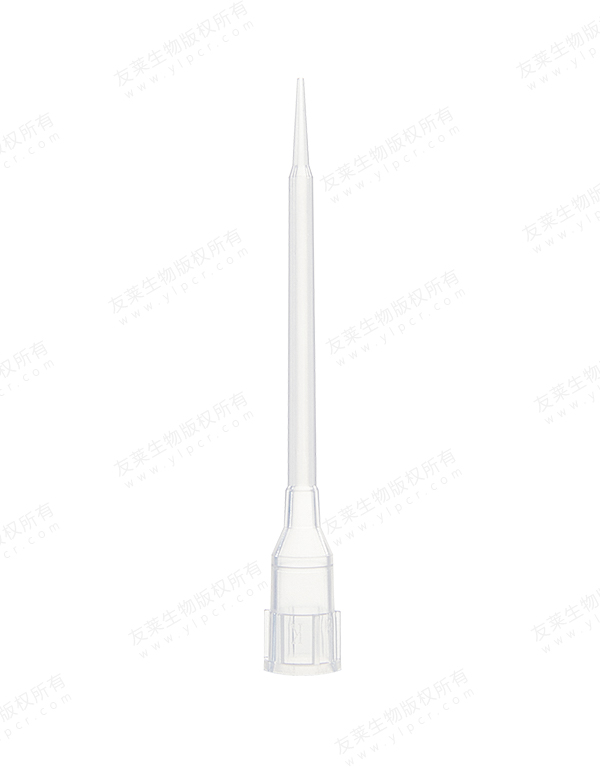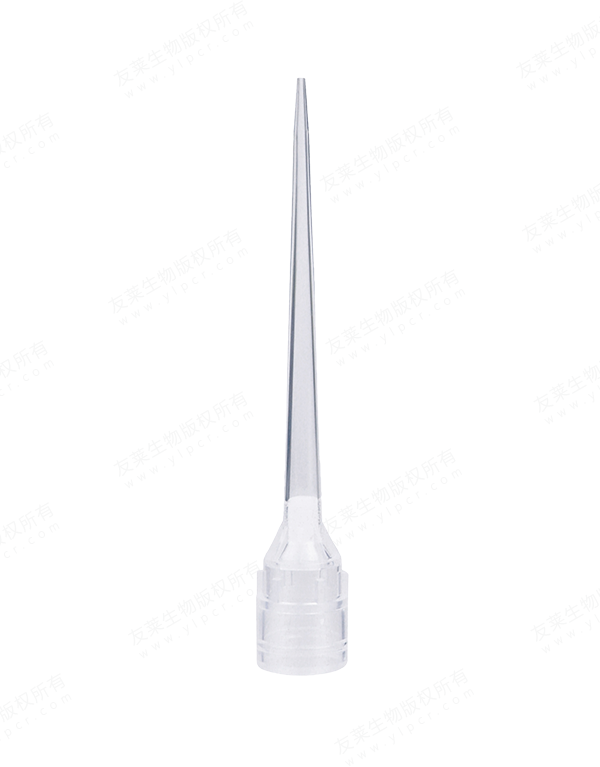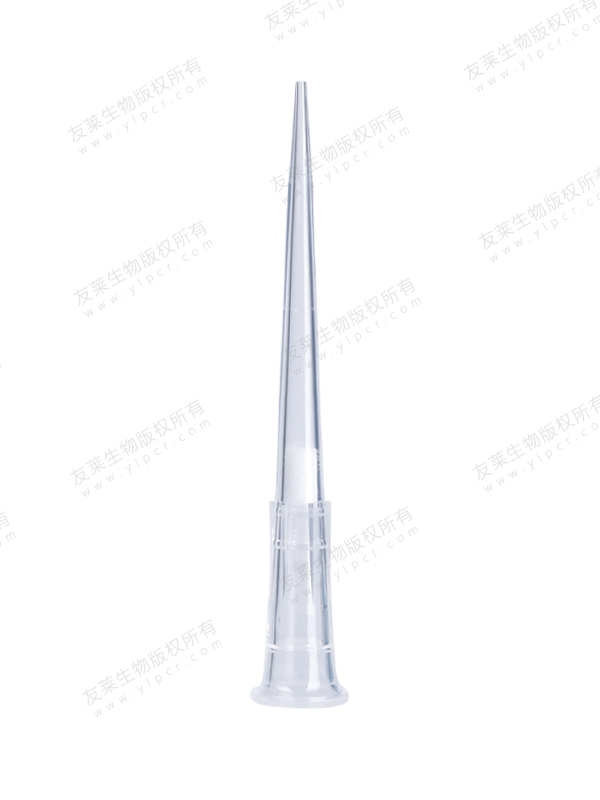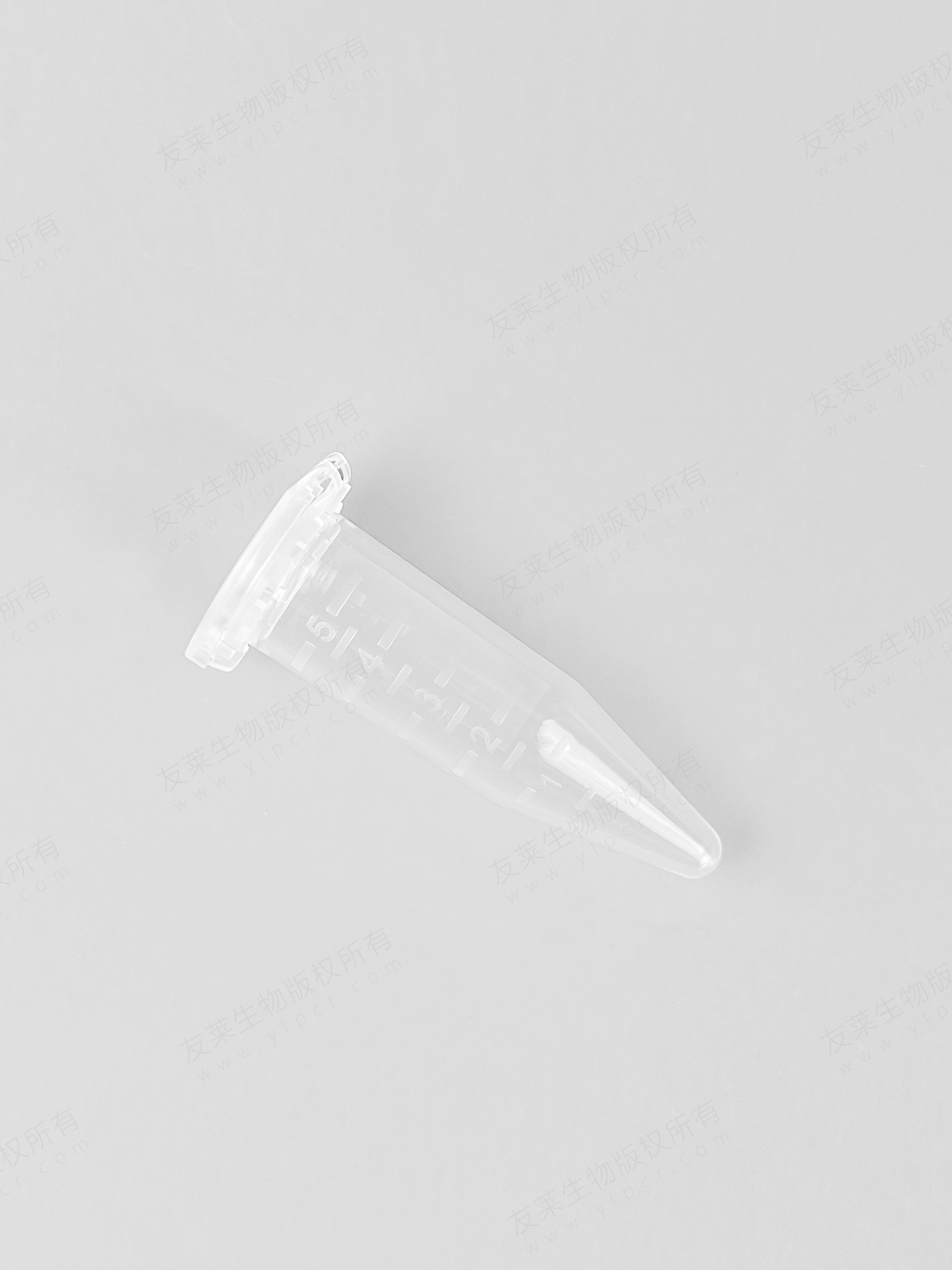Standard PCR Tubes:
Material: These are typically made of polypropylene, which is a thermally stable and chemically resistant plastic.
Design: Standard PCR tubes are thin-walled and come in various volumes, such as 0.2 mL and 0.5 mL. They have a conical or V-shaped bottom for efficient sample recovery. Caps are often attached to the tubes or provided separately.
Low-Profile PCR Tubes:
Material: Low-profile tubes are also made of polypropylene.
Design: These tubes have a shorter height compared to standard tubes. They are designed to minimize the dead volume, making them suitable for reactions with limited sample volume.
Strip Tubes and Caps:
Material: Strip tubes are typically made of polypropylene, and they are molded together in strips.
Design: Each strip consists of multiple individual PCR tubes (commonly 8 tubes) that can be easily separated. Strip tubes are convenient for high-throughput PCR applications as they allow multiple reactions to be handled simultaneously.
Optically Clear PCR Tubes:
Material: These tubes are made from a special clear polypropylene or other optically transparent plastics.
Design: Optically clear tubes allow for optical detection methods, such as real-time PCR or fluorescence-based assays. They have a clear or frosted cap to minimize background fluorescence.
Specialty PCR Tubes:
Material: Specialty tubes can be made from various materials, including polypropylene or specialized plastics like PTFE (polytetrafluoroethylene).
Design: These tubes are designed for specific applications. For example, PTFE PCR tubes are used when chemical resistance is critical, and they are suitable for certain aggressive reagents.
Attached Cap PCR Tubes:
Material: These tubes are made of polypropylene.
Design: Attached cap tubes have caps that are permanently connected to the tube, reducing the risk of contamination and sample loss. They are convenient for one-time use or when handling a large number of samples.
PCR Tubes with Caps Featuring Sealing Mechanisms:
Material: These tubes are typically made of polypropylene.
Design: Some PCR tube caps feature sealing mechanisms, such as O-rings or silicone gaskets, to ensure a secure seal and prevent sample evaporation during thermal cycling.
Specialized PCR Tubes for Cryopreservation:
Material: These tubes are designed for long-term storage and are often made of materials suitable for cryopreservation, such as polyethylene.
Design: They are designed to withstand extreme low temperatures, and some have external threads for compatibility with cryogenic storage systems.

 English
English русский
русский 中文简体
中文简体




